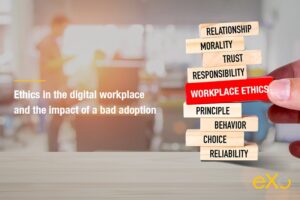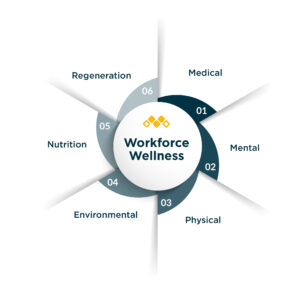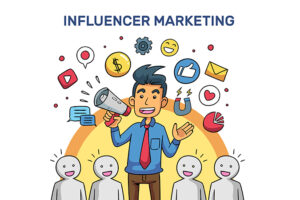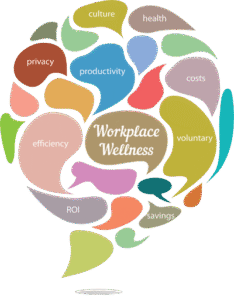Manav Kaul’s ‘Receiver’ Philosophy: A Blueprint for Agile Talent
7 min read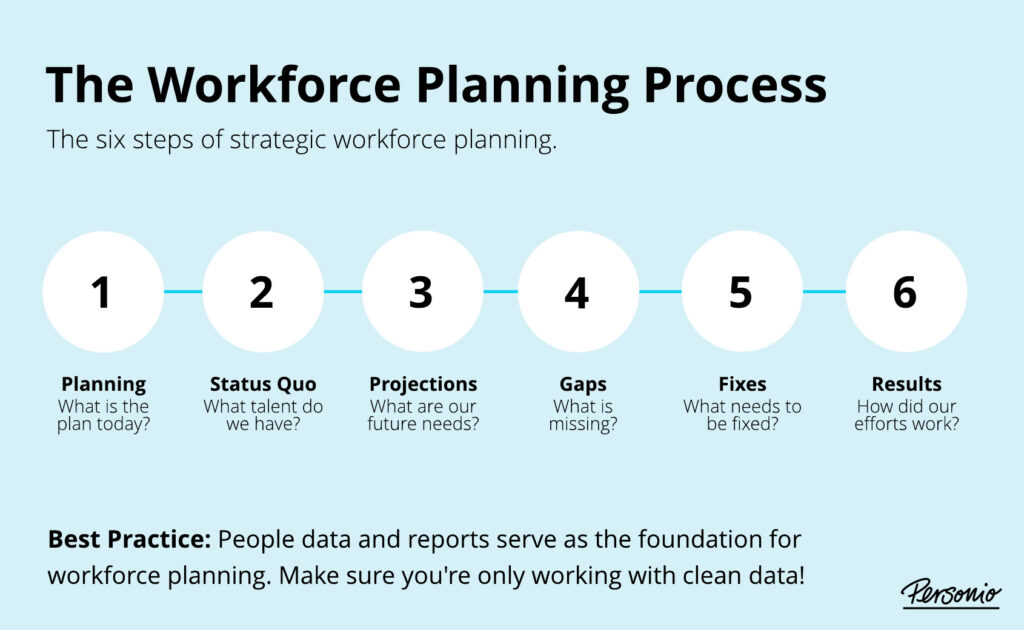
In an era defined by rapid technological evolution and unprecedented economic shifts, the concept of career trajectory is being radically redefined. Traditional, linear paths are giving way to dynamic, fluid journeys where continuous learning and responsiveness to change are paramount. Actor Manav Kaul’s insightful ‘receiver’ philosophy, recently shared in an interview, offers a surprising yet profound metaphor for navigating this modern professional landscape. Kaul described actors as “receivers,” emphasizing an openness to opportunities as they arise, rather than rigidly pursuing a singular, pre-defined outcome like stardom. This mindset—prioritizing depth and alignment over a fixed aspiration—is becoming an indispensable blueprint for cultivating talent adaptability in the digital economy, impacting professionals, organizations, and crucially, the aspiring international talent seeking to thrive in new global markets.
The Evolving Landscape of the Digital Economy: A Call for Agility
The digital economy is characterized by its relentless pace of innovation, disruption, and transformation. Technologies such as Artificial Intelligence, machine learning, blockchain, and advanced data analytics are not merely tools; they are foundational elements reshaping industries and creating entirely new ones. This dynamism has profound implications for the global workforce. According to a 2023 report by the World Economic Forum, nearly half of all workers will need to reskill in the next five years due to automation and new technologies. This statistic underscores a critical reality: job roles are not static, and the skills that are valuable today may be obsolete tomorrow. The emphasis has shifted from what one *knows* to how quickly one can *learn* and *adapt*.
For individuals, this means a departure from the security of a fixed career ladder towards a more entrepreneurial approach to their professional lives. For organizations, it necessitates building agile teams capable of pivoting quickly, embracing new methodologies, and fostering a culture of continuous innovation. The traditional employer-employee relationship is evolving into one that values mutual growth and flexible contribution. This context makes Kaul’s philosophy particularly timely, inviting a re-evaluation of how talent is developed, deployed, and sustained in an increasingly unpredictable world.
Manav Kaul’s ‘Receiver’ Philosophy: Deconstructing Agile Talent
Manav Kaul’s statement, “We actors are receivers; I don’t go around and say I want to do something that’ll make me a star. It doesn’t work like that. I do theatre; so does my co-actor. Apart from that, I play tennis, I swim, I do other things too. So, it’s not like I make a deliberate choice, life brings me certain opportunities, and from those, I pick what feels right,” can be distilled into core tenets that directly translate to fostering talent adaptability in the digital economy:
- Openness to Opportunity (The Receiver Mindset): Instead of being fixated on a singular, often rigid, career goal, the receiver mindset encourages professionals to remain open to a diverse array of opportunities as they emerge. In the digital economy, these opportunities might not always be linear promotions but could involve cross-functional projects, new skill acquisition, or roles in nascent industries. This proactive receptiveness allows individuals to organically discover paths aligned with their evolving capabilities and interests.
- Intrinsic Motivation Over Extrinsic Validation: Kaul’s disinterest in “stardom” for its own sake highlights a focus on the craft and the performance itself. Similarly, in the digital workforce, a professional driven by a genuine passion for problem-solving, learning, and contributing meaningful value will naturally be more adaptable. They are less likely to be derailed by changes in job titles or organizational structures if their core motivation remains intact. This translates to a stronger resilience against the inevitable fluctuations of the market.
- Strategic Selection from Available Paths: “Life brings me certain opportunities, and from those, I pick what feels right.” This isn’t passive acceptance but rather an active, informed choice. Adaptable talent in the digital economy doesn’t just react; they strategically evaluate incoming opportunities against their core values, developing skills, and long-term vision. This allows for personalized career navigation, making choices that truly resonate and maximize growth potential.
- Diversification of Skills and Interests (The T-shaped Professional): Kaul’s mention of theatre, tennis, and swimming underscores the importance of a well-rounded life beyond one’s primary profession. In the digital economy, this translates to developing a broad range of skills—both technical and soft—making one a “T-shaped” professional (deep expertise in one area, broad knowledge in many). Hobbies and diverse interests often cultivate creativity, problem-solving abilities, and cross-disciplinary thinking, all critical for talent adaptability in the digital economy.
This philosophy champions a shift from a “planner” to an “explorer” mentality, where career paths are discovered and constructed rather than strictly followed. It’s about being prepared to “receive” and make the most of unexpected turns, embodying the true spirit of agility.
Impact Analysis: Fostering Resilience and Innovation
Embracing the ‘receiver’ philosophy has significant implications for both individuals and the broader workforce, particularly for international students navigating complex global job markets.
For Professionals and Organizations:
The traditional corporate ladder is becoming more of a lattice, with lateral moves, project-based work, and skills-centric roles gaining prominence. A workforce imbued with Kaul’s adaptable mindset is:
- More Resilient: Less prone to burnout or disillusionment when roles change or industries shift, as their identity isn’t solely tied to a specific title or path.
- Highly Innovative: Open to experimenting with new technologies and methodologies, fostering a culture of continuous improvement and creative problem-solving.
- Better Equipped for Disruption: Companies with adaptable talent can pivot strategies faster, capture emerging market segments, and withstand unexpected economic shocks. This is crucial for sustained success in the digital era.
For International Students:
International students often face a unique set of challenges, including navigating new cultures, educational systems, and rigorous immigration processes while simultaneously building their careers. The ‘receiver’ philosophy offers a powerful framework:
- Broadened Career Perspectives: Instead of fixating on a single dream job, students can explore a wider range of roles that utilize their skills and open doors to diverse opportunities in the digital economy. This is particularly relevant as visa sponsorship often ties to specific in-demand occupations.
- Enhanced Employability: By diversifying their skill sets and being open to varied entry points, students significantly increase their chances of securing relevant employment post-graduation. This includes considering internships, project-based work, and roles that might not be their “first choice” but offer invaluable experience and skill development.
- Strategic Visa Planning: While we do not provide legal advice, understanding the fluid nature of the job market helps students focus on acquiring broadly applicable, high-demand skills that are often prioritized in various visa categories. It encourages them to think about how their skills can “receive” multiple job types that align with immigration pathways, rather than chasing a niche role that may offer fewer options.
The digital economy rewards versatility. International students who embody this adaptable mindset are better positioned to integrate into new professional environments and leverage global opportunities.
Expert Insights & Practical Tips for Agile Talent
Cultivating talent adaptability in the digital economy requires deliberate effort and a strategic approach. Here are practical insights, particularly for international students:
- Embrace Lifelong Learning: The digital economy is a continuous classroom. Dedicate time to online courses (e.g., Coursera, edX), certifications in emerging technologies (e.g., cloud computing, cybersecurity, data science), and industry workshops. Focus on micro-credentials that can quickly add value.
- Develop a Diverse Skill Portfolio: Beyond technical expertise, cultivate critical soft skills such as critical thinking, complex problem-solving, creativity, emotional intelligence, and cross-cultural communication. These are universally transferable and highly valued in dynamic environments.
- Build a Strong Professional Network: Connect with professionals across various industries, attend virtual and in-person industry events, and leverage platforms like LinkedIn. Networking opens doors to unforeseen opportunities and provides insights into market trends. Informational interviews can be particularly illuminating for understanding diverse career paths.
- Seek Varied Experiences: Be open to internships, volunteer work, or short-term projects that expose you to different industries, team structures, and challenges. Each experience is an opportunity to “receive” new knowledge and skills, building a rich professional tapestry.
- Practice Self-Reflection and Introspection: Regularly assess what truly “feels right” for you, as Manav Kaul suggests. Understand your evolving interests, strengths, and values. This self-awareness is crucial for making strategic career choices that align with your personal growth.
- Understand Global Market Needs (Without Legal Interpretation): Research the in-demand skills and occupations in your target countries. While specific immigration advice is beyond our scope, understanding these trends helps you focus your skill development to naturally align with common immigration pathways for skilled workers and graduates. Prioritize skills that are transferable and have high global demand.
- Create a “Skills Bank” not a “Job Title” Resume: Reframe your resume and professional narrative to highlight your adaptable skill set and diverse experiences rather than just a linear progression of job titles. This demonstrates your capacity to “receive” and excel in various roles.
For international students, a proactive approach to skill development and career exploration, guided by the ‘receiver’ philosophy, can transform the challenges of global mobility into opportunities for unparalleled growth and success in the digital economy.
Looking Ahead: The Enduring Value of Adaptability
As the digital economy continues its relentless march forward, the demand for adaptable talent will only intensify. Organizations that foster this mindset within their ranks will be better positioned to innovate, compete, and lead. Individuals who embrace the ‘receiver’ philosophy will not only survive but thrive, transforming uncertainty into a landscape of endless possibilities. The ability to pivot, reskill, and strategically select opportunities will become the hallmark of successful professionals. Manav Kaul’s reflection, seemingly simple, provides a powerful lens through which to view and proactively engage with the complex, ever-evolving world of work. It is a reminder that true professional fulfillment often comes from being open to what life brings and having the wisdom to choose what genuinely aligns with one’s journey.
Reach out to us for personalized consultation based on your specific requirements.
